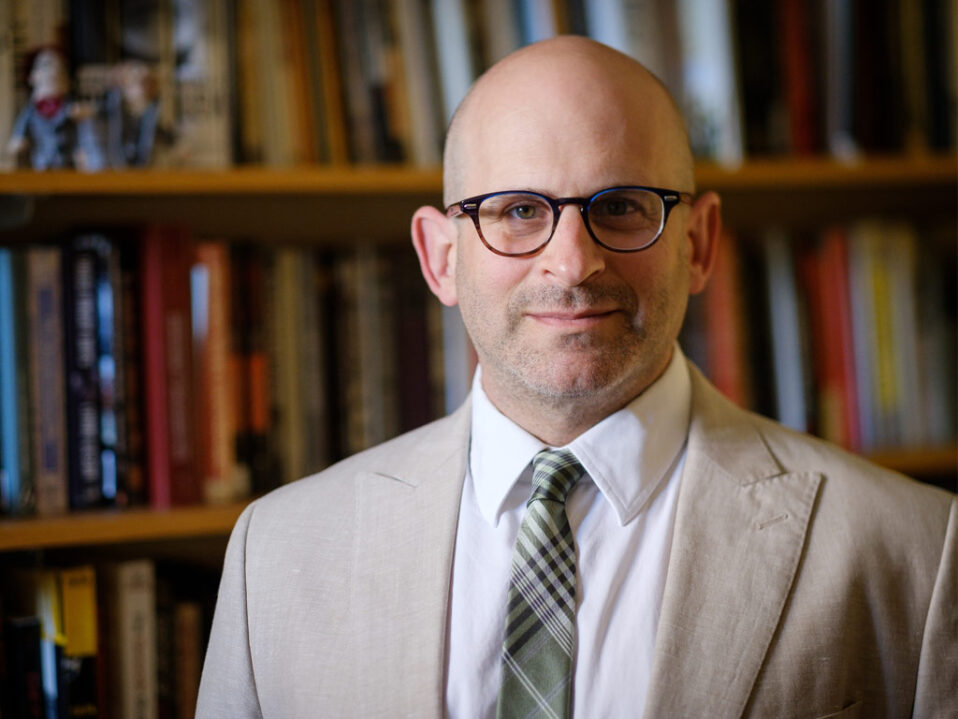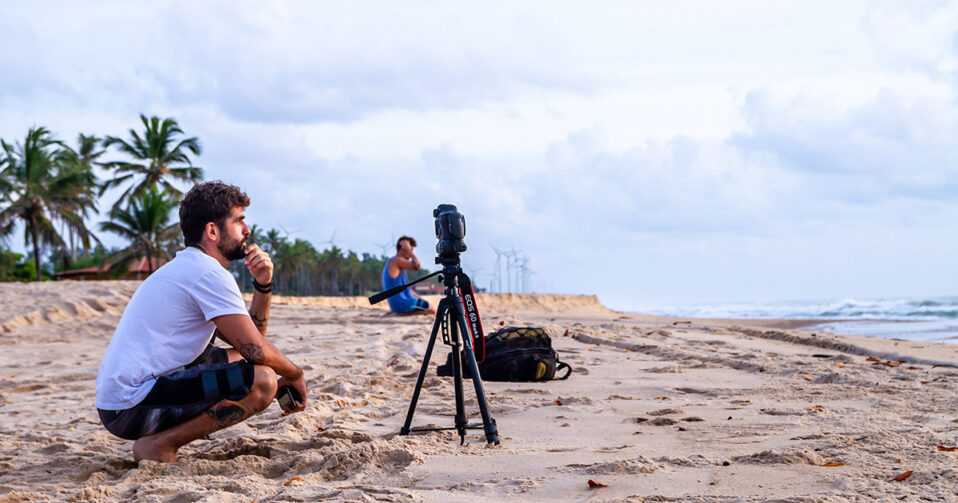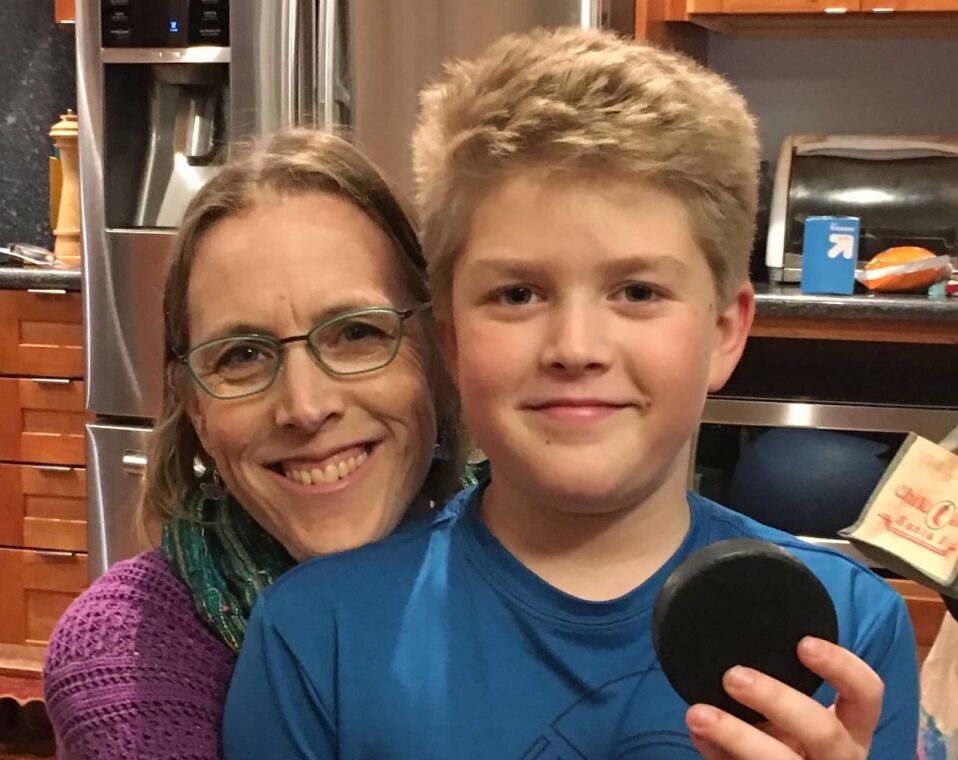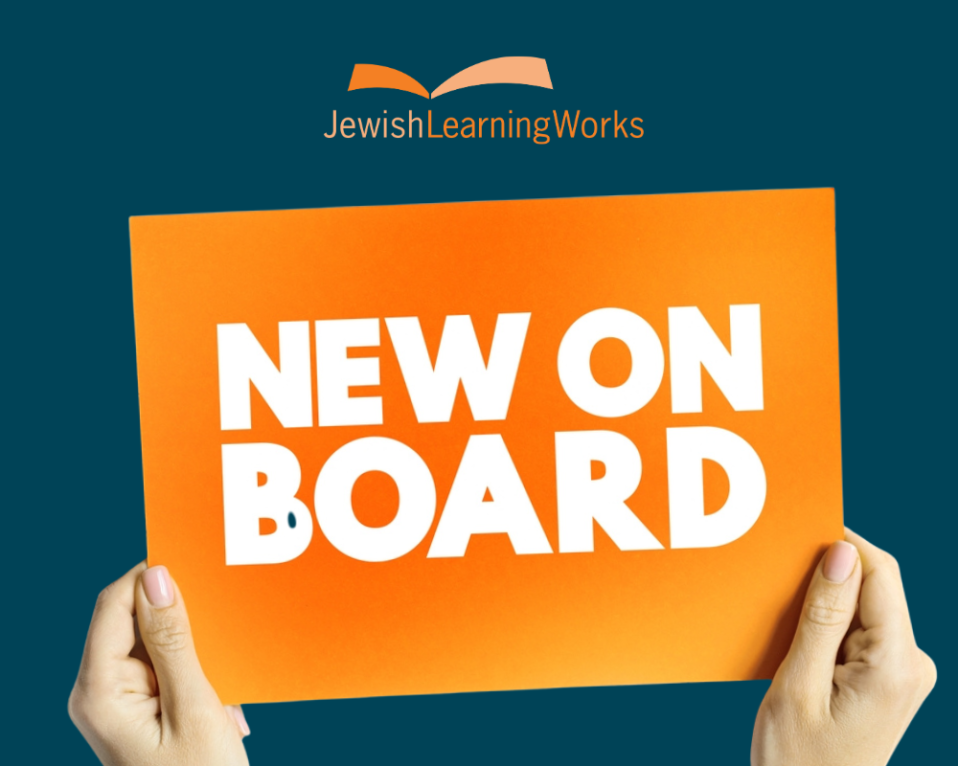Presented by Barry Trachtenberg
Click here to register for this event.
In the early 1930s in Berlin, a group of leading Eastern European Jewish intellectuals embarked upon a project to transform the lives of millions of Yiddish-speaking Jews around the world. Their goal was to publish a popular and comprehensive Yiddish language encyclopedia of general knowledge that would serve as a bridge to the modern world and as a guide to help its readers navigate their way within it. However, soon after the Algemeyne entsiklopedye (General Encyclopedia) was announced, Hitler’s rise to power forced its editors to flee to Paris, and its primary audience would face persecution and genocide. The scope and mission of the project repeatedly changed before its final volumes were published in New York City in 1966, with debates about what the purpose of a Yiddish encyclopedia should be, as well as what knowledge and perspectives it should contain.
Drawing from the research for his new book, historian Barry Trachtenberg will relate this saga and its meaning as a story not only of destruction and trauma, but of tenacity and continuity in the face of calamity.
Barry Trachtenberg is the Michael H. and Deborah K. Rubin Presidential Chair of Jewish History at Wake Forest University. His books include The United States and the Nazi Holocaust: Race, Refuge, and Remembrance, The Revolutionary Roots of Modern Yiddish, 1903-1917, and The Holocaust and the Exile of Yiddish: A History of the Algemeyne Entsiklopedye.
Co-sponsored by Workers Circle/Arbeter Ring of Northern California.
Co-presented by the Jewish Folk Chorus of San Francisco and KlezCalifornia.






